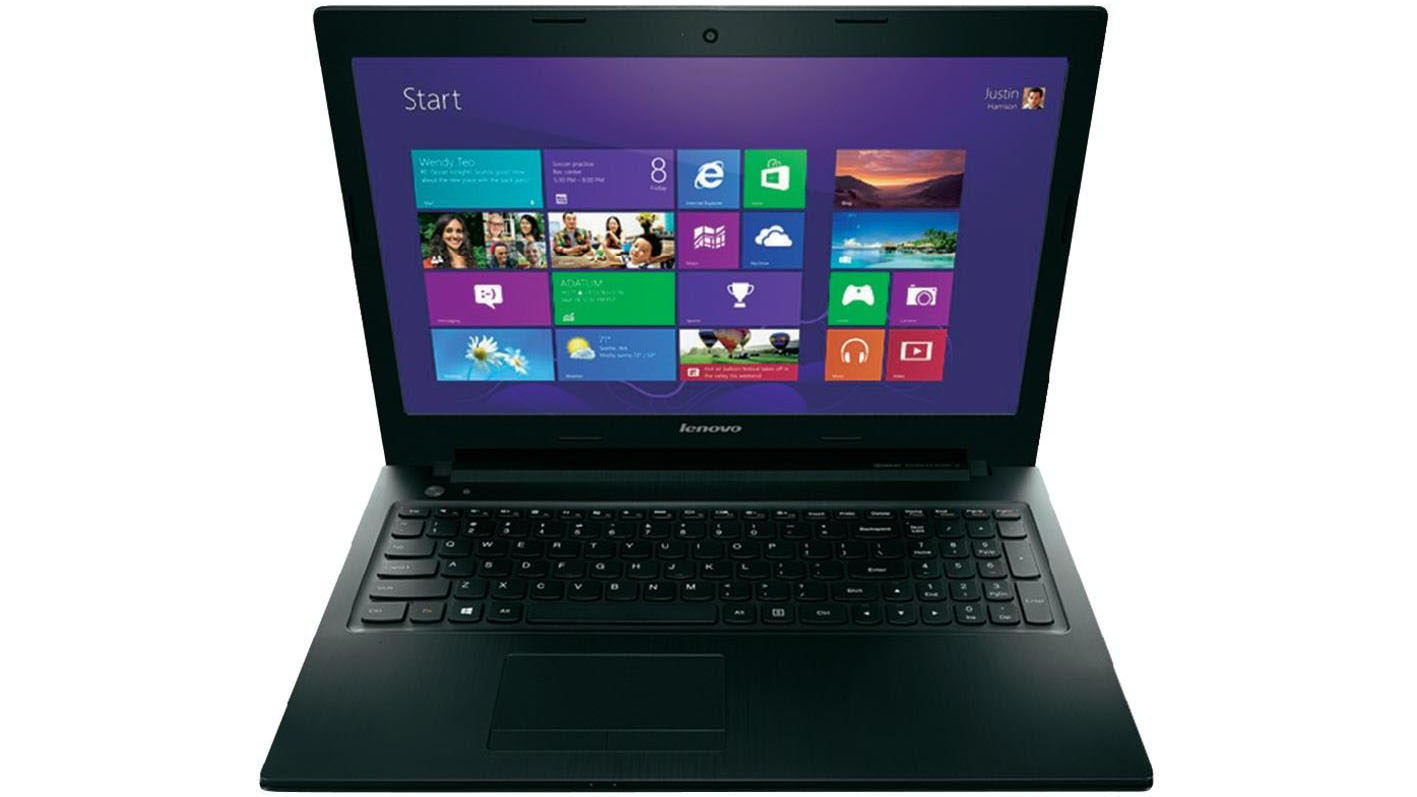Why you can trust TechRadar
The Lenovo G500s is quite a plain-looking thing, with black plastic making up the entirety of the chassis; though there's a not-unattractive faux-brushed metal finish to the keyboard surround.
There are very few buttons or flashing lights to complicate matters: all you get is a power button and Lenovo's trademark Onekey Recovery button. Its all-round ambiguity might deter some, while others might be attracted to this - such as those using it for business duties.
It's not the best option for commuting duties, though. Sure, it's certainly slim enough and the full keyboard with number pad make it great for attacking spreadsheets and the like when needed, but its weight of 2.5kg is a little heavy for lugging it around with you all day. Ideally, this would do light bag duties and then sit at home or in an office the rest of the time.
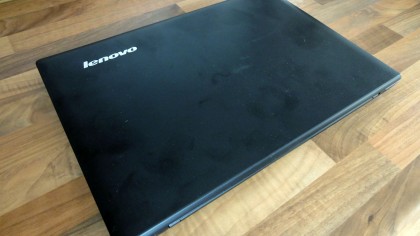
So, the G500s could easily do double time as both a work and play laptop, but there's one slight disadvantage which might be enough to put you off - the keyboard is probably its weakest aspect. It feels very cheap, with very little in the way of feedback.
You'll really need to hammer away at the keys to make sure each and every one registers. If not, you will find that writing a sentence will result in you having to back track to correct a mistake. That might not be the end of the world for some of you - especially those with a more heavy-handed approach - but we found it quite distracting.
Though there's no touchscreen to take advantage of those big tiles in the Modern UI in Windows 8 - a shame, but not unexpected at this level - the trackpad does support the full repertoire of Windows 8 gestures. So, you can swipe from the right of the pad to activate the Charms bar, and more. It works well enough, so that's some consolation.
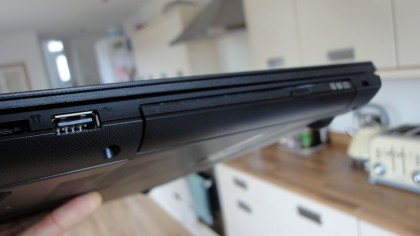
As we've mentioned already, the G500s doesn't have a showy spec list, as it's been built with a budget in mind, though having said this we were surprised to see an Intel processor as opposed to the AMD stuff we tend to see in low-priced laptops these days.
Sign up to the TechRadar Pro newsletter to get all the top news, opinion, features and guidance your business needs to succeed!
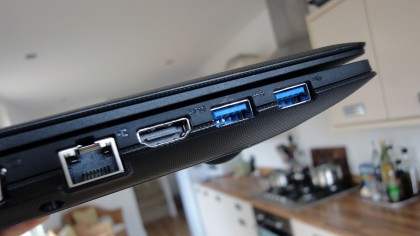
The 2.4GHz Intel Pentium 2020M isn't a Core processor, obviously, though it does still tick over at a pleasant speed, lagging just behind what you would expect from an equivalent Core i3 due to a lack of hyperthreading: a feature in Intel processors that essentially allows it to carry out more tasks at once.
Lenovo appears to have made up for this shortcoming by giving the G500s 8GB of RAM, which, for an entry-level laptop, seems rather generous and allows for greater multi-tasking without slow down. There's also a 1TB hard drive, which is rather plentiful if you have a lot of files to store.
If you decide that the G500s isn't quite up to standard on the specification front, you can opt to upgrade various components, such as replacing the Pentium with a Core i5 processor, or upgrading the graphics to a meatier NvidiaGeForce GT720M.
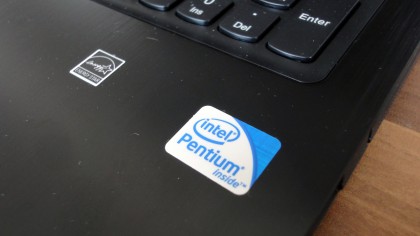
Bizarrely, you can even add a Blu-ray drive. Since the screen only supports up to 1366 x 768 pixels, this seems like a little bit of a waste, and trick components like these will inevitably bump up the price, taking it out of bargain territory.
The 15.6-inch display is good, if a little unexciting. Viewing angles aren't particularly generous, which might prove to be a little bit of an issue when you're in a cramped working situation, such as a train.
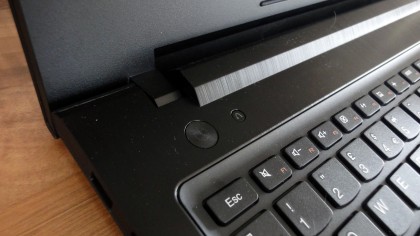
As pleased as we were with the decent level of hardware on board, we also liked the standard of connectivity on offer, with a respectable two USB 3.0 ports for faster file transfer, as well as an 802.11n Wi-Fi card built in, a DVD writer, HDMI, Ethernet and Bluetooth 4.0. Basically, everything you could possibly need.
The only thing you don't need is bloatware, but unsurprisingly there's quite a bit of it on the G500, the worst offender being the constant warnings from the antivirus that had been bundled with the package.
